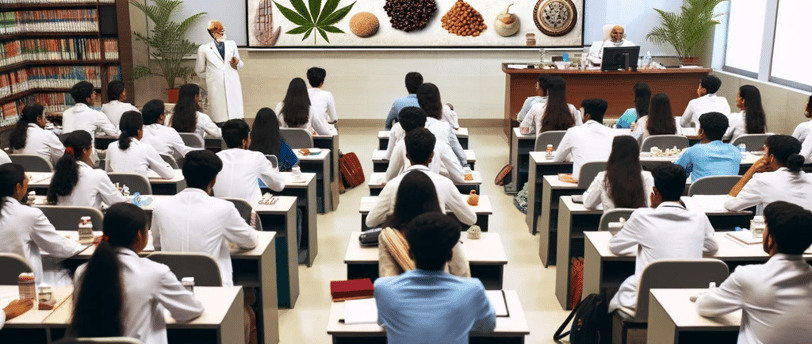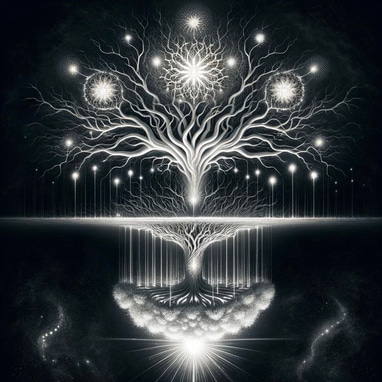Bridging the Gap: Adapting Medical Education for a Culturally Aware Healthcare Future
Delve into the evolution of medical education in India, shaped by historical influences and the growing need for change. Explore how global examples, like Harvard Medical School, emphasize cultural sensitivity and holistic healthcare. Discover how this intrinsic tension within academia reflects the urgent call for doctors who are not just medically skilled but also culturally aware and patient-centered. Explore the unique challenges and opportunities that lie ahead for India's medical education system as it adapts to an ever-changing healthcare landscape.
MEDICAL EDUCATIONALTERNATIVE MEDICINE INTERDICIPLINARY
10/9/20232 min read


Introduction
In the ever-evolving landscape of healthcare, the role of medical education cannot be underestimated. It is the crucible where the doctors of tomorrow are forged, and the lessons they learn will shape the healthcare experiences of countless patients. While the roots of medical education in India can be traced back to the colonial era, the need for change is apparent. The tension between academia and change, particularly in the context of medical education, is not merely driven by external research pressures but arises from within academia itself. This tension reflects a broader understanding that the practice of medicine requires a more culturally sensitive, context-aware approach.
Historical Influences on Medical Education
Historical factors have significantly influenced the structure of medical education in India. During the colonial period, the dominant biomedical model was superimposed on indigenous knowledge-sensitive medical education systems. This legacy has endured, contributing to a traditional curriculum that emphasizes a strong foundation in basic sciences and clinical skills. However, the healthcare landscape has transformed dramatically since then, necessitating a fresh perspective on medical education.
Lessons from Harvard Medical School
A compelling case for change emerges when we examine the curricula of institutions like Harvard Medical School. There, medical education has evolved to include culture-sensitive patient care, medical anthropology, critical thinking, and a more holistic approach to healthcare. These changes reflect a commitment to providing well-rounded and context-aware medical education, acknowledging the multifaceted nature of healthcare.
Recognizing the Need for Change
The tension within academia arises from its intrinsic recognition that medical education must adapt to evolving cultural, societal, and healthcare dynamics. This acknowledgment goes beyond external pressures like research demands; it stems from a realization that healthcare providers must be equipped to address diverse patient populations and navigate complex sociocultural factors in their practice.
Updating Medical Education in India
Updating medical education in India is imperative. It involves more than the mere incorporation of cultural sensitivity; it necessitates an interdisciplinary approach, a people-oriented philosophy, and an emphasis on patient-centered care. The goal is to produce doctors who are not only medically skilled but also culturally aware, empathetic, and equipped to meet the needs of a diverse and dynamic patient base.
Unique Challenges and Opportunities
Every country's medical education system faces its unique set of challenges and opportunities. In India, the reform of medical education should align with the nation's rich cultural diversity and evolving healthcare needs. This journey of change can contribute to improved healthcare delivery, better patient outcomes, and a more equitable healthcare system.
Conclusion
Medical education in India is at a crossroads. The tension between academia and change is not driven by external forces alone; it originates within academia itself. As the healthcare landscape continues to evolve, the need for a culturally sensitive, context-aware approach to medical education becomes increasingly clear. By recognizing this need and embracing change, India can bridge the gap between traditional practices and modern healthcare, producing doctors who are not only clinically adept but also culturally attuned to the needs of their patients. The future of healthcare depends on it.


